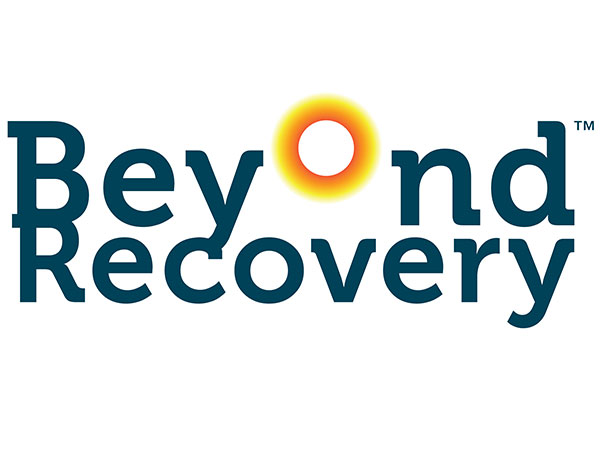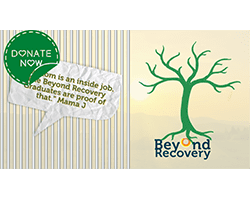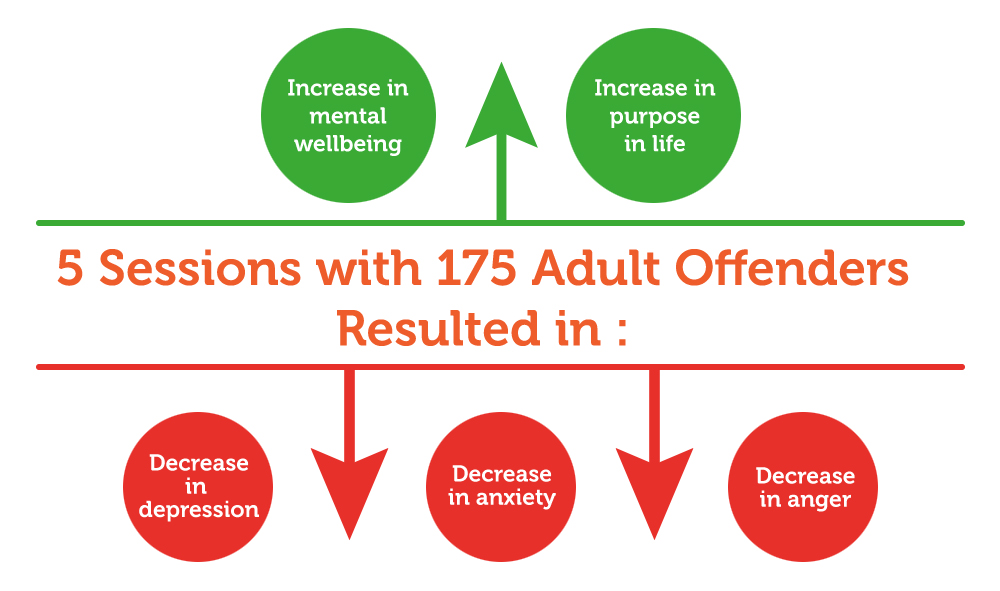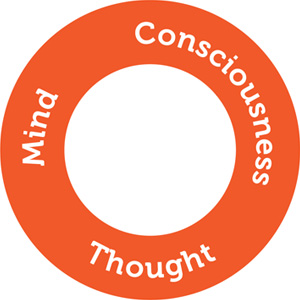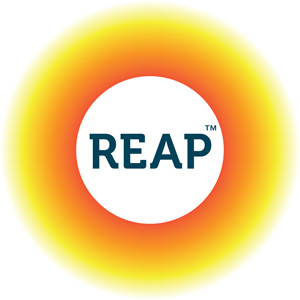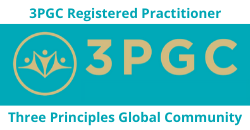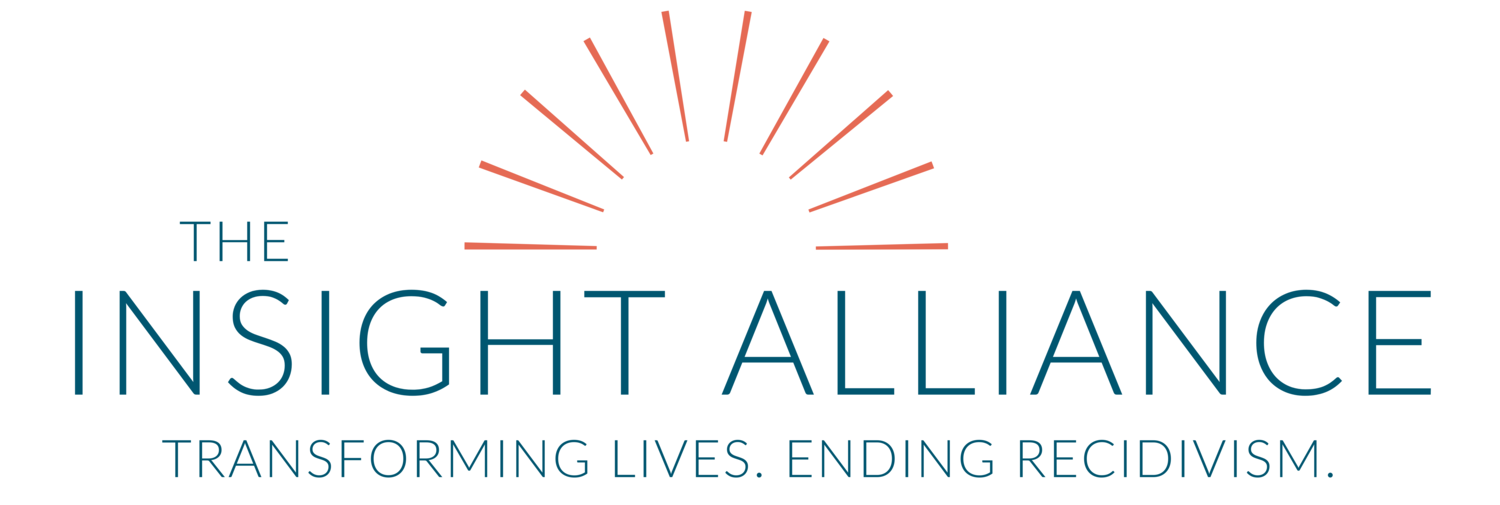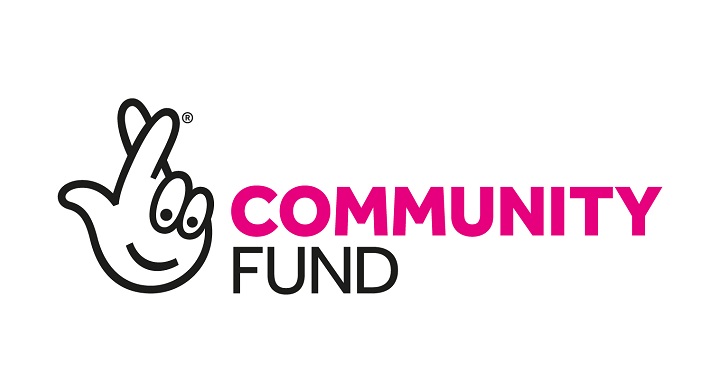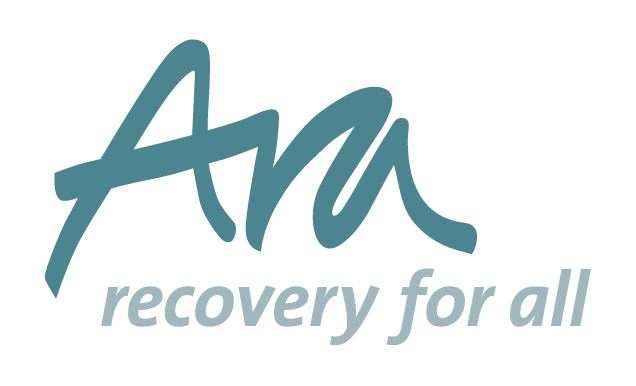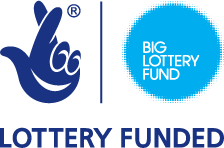EVIDENCE OF IMPACT
Beyond Recovery is committed to providing the most effective service we can and all our work is rigorously evaluated to help us continuously improve it. We have commissioned a series of independent evaluations of our work at an English prison (HMP Onley) to see whether it succeeded in improving the mental health and behaviour of the prisoners participating in the programme. The results have been impressive and are published in international academic journals. Click on the links below if you want to read the full article.
Evaluation of The Intensive Programme
The programme comprised 5 x 3 hour sessions over a three-day period and Beyond Recovery ran 31 of these programmes between June 2015 and July 2017. 338 prisoners enrolled and 175 completed the full course – the others failed to start the course, dropped out, broke prison rules or had a problem with another prisoner on their programme.
The Research
The research set out to test whether the programme had positive impact on six factors. The first of these relate to the Three Principles model − whether particpants showed a significant increase in their understanding of the Three Principles. The other five measured the impact of this understanding of the Three Principles on:
- Mental well-being;
- Any increase in a sense of purpose in life;
- Depression;
- Anxiety; and
- Anger
The Methodology
The research compared how the 175 prisoners who completed the programme performed against these six measures compared with a “control group” which consisted of 127 individuals who were referred to the programme but did not participate.
Progress against these six outcomes was measured by a range of standard psychological surveys, all of which have been proven to be reliable in measuring psychological behaviour change, and all of which were administered to the 302 (175 participants and 127 referred but not enrolled) individuals in the study both before and after the programme.
These psychological tests were repeated on 57 of the 175 participants five months later (many of the original group had been released or transferred to other prison establishments) to examine whether the impacts of this short, intensive Three Principles Correctional Counselling intervention would endure.
The Findings
The results of these tests were that prisoners who participated in the programme improved in all six of these key factors:
- They showed a significant increase in their understanding of the Three Principles;
- They showed a significant increase in mental well-being;
- They showed a significant increase in purpose in life;
- They showed significant decrease in depression;
- They showed significant decrease in anxiety; and
- They also showed significant decrease in anger.
When the same psychological tests were applied to members of the control group, there was no significant change on any of these factors.
At the 5-month follow up, participants were found to have maintained their progress in four of these areas and to have increased it in the other two (levels of both depression and anger were further decreased).
Conclusion
This research found there is a relationship between understanding the three principles and improved mental health for prisoners. On average, participants on the Beyond Recovery programme grasped new insights regarding the three principles, thought recognition, and innate health via a clear mind. Critically, this understanding appeared to result in these participants showing a significant increase in mental well-being and purpose in life and a significant decrease in depression, anxiety and anger. Furthermore, at 5-month follow-up, these positive effects were either maintained or significantly improved.
The report is currently being peer reviewed prior to publication, once this process has been completed, you will find the link to the full study here.
EVALUATION OF THE 10-WEEK PROGRAMME
The programme comprised of one 3-hour session per week for 10 weeks and Beyond Recovery ran six of these programmes. 75 prisoners started the programmes and 53 completed the full course – the others dropped out, were transferred to other prisons or were released.
Read the research
The Research
The research set out to test whether the programme worked in eight areas. The first two of these relate to our 3 principles model − whether the prisoners on the programme showed a significant increase in Thought Recognition (TR) and Inmate health via a clear mind (IHCM). The other six measured the impact of the programme on: Mental well-being; A sense of purpose in life; Depression; Anxiety; Anger and behaviour in prison.
The Methodology
The research compared how the 53 prisoners who completed the programme performed against these eight measures compared with a “control group” which consists of 39 individuals who were on the waiting list programme.
The first seven of these factors were measured by a range of standard psychological surveys, all of which have been proven to be reliable in measuring psychological behaviour change, and all of which were administered to the 92 (53 participants and 39 on the waiting list) individuals in the study both before and after the programme.
The Findings
The results of these tests were that prisoners who participated in the programme improved in six of the seven key factors which were measured by psychological tests:
- They showed a significant increase in Thought Recognition.
- They showed a significant increase in Inmate health via a clear mind.
- They showed a significant increase in mental well-being.
- They showed a significant increase in purpose in life.
- They also showed significant decreases in anxiety and anger.
- No significant improvement in depression was found.
Improved behaviour was also recorded by prison staff with 16 participants being formally transferred to better living conditions as a result of improved behaviour compared with just three from the control group.
Conclusion
The conclusion of this study is that Beyond Recovery’s work is effective in a prison setting, resulting in improved mental well-being and behaviour.
The full title of the study is: Kelley, Hollows, Lambert, Savard & Pransky (2017) Teaching Health Versus Treating Illness: The Efficacy of Three Principles Correctional Counseling with People in an English Prison International Journal of Offender Therapy and Comparative Criminology 1–26.
You can read it for yourself here.
We are not currently permitted to film prisoners’ feedback on the service they receive from Beyond Recovery. But you will get a good sense of the impact of the programme by watching this video where you will hear from some of the guys we’ve worked with, how their lives, relationships and freedom look now that they are out and what The Three Principles have to do with the transformations we have seen.
OUR WORK
